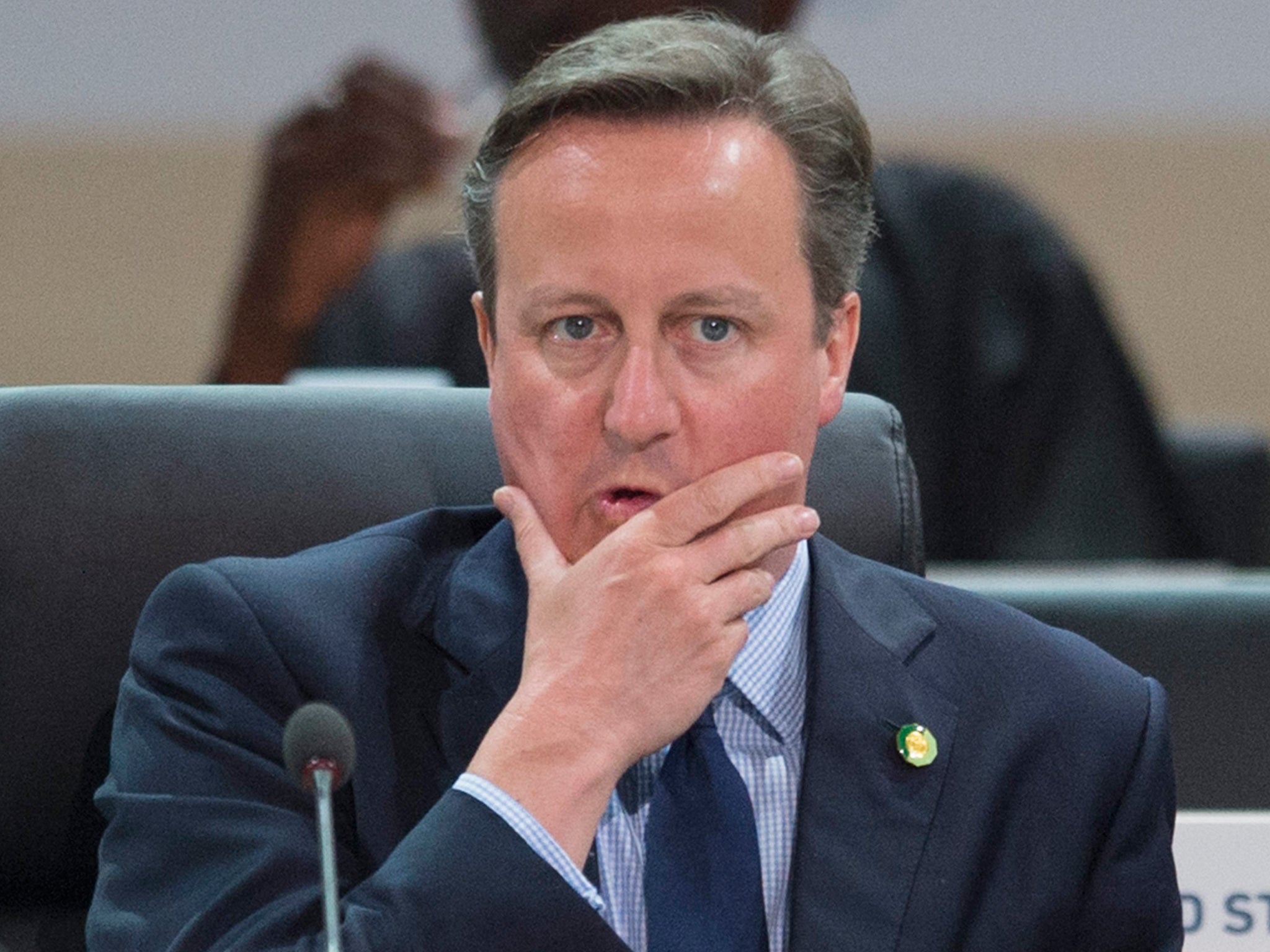Panama papers: David Cameron had little interest in privacy before tax leaks, Edward Snowden points out
'Oh, now he’s interested in privacy,' the whistleblower wrote

Your support helps us to tell the story
From reproductive rights to climate change to Big Tech, The Independent is on the ground when the story is developing. Whether it's investigating the financials of Elon Musk's pro-Trump PAC or producing our latest documentary, 'The A Word', which shines a light on the American women fighting for reproductive rights, we know how important it is to parse out the facts from the messaging.
At such a critical moment in US history, we need reporters on the ground. Your donation allows us to keep sending journalists to speak to both sides of the story.
The Independent is trusted by Americans across the entire political spectrum. And unlike many other quality news outlets, we choose not to lock Americans out of our reporting and analysis with paywalls. We believe quality journalism should be available to everyone, paid for by those who can afford it.
Your support makes all the difference.Edward Snowden has drawn attention to David Cameron’s apparently new interest in privacy, in the wake of questions about his family’s tax affairs.
The Prime Minister has looked to avoid questions about his tax situation, following mentions of his father Ian Cameron in the “Panama papers”. Mr Cameron has looked to argue that his tax affairs are not public and so shouldn’t be discussed.
Sharing a tweet about Mr Cameron’s spokesperson’s comment that his tax affairs are a “private matter”, Mr Snowden suggested that the focus on privacy was a new interest. “Oh, now he’s interested in privacy,” the whistleblower wrote in a tweet that was shared over 18,000 times.
David Cameron’s government has received sustained criticism from privacy campaigners, including those within his own party. One of its most high-profile pieces of legislation has been the Investigatory Powers Bill, or Snoopers’ Charter – an attempt to revive an earlier version of a similar law that was stopped when the Liberal Democrats were in government.
That law gives spies, police forces and a range of other authorities the apparent power to break into phones and force their manufacturers to help them do it. It also appears to weaken much of the security powers that are already in phones and computers, including encryption – the technology that powers WhatsApp and iMessage.
David Cameron introduced that effort to weaken security in the wake of the Charlie Hebdo shootings at the beginning of 2014. “In our country, do we want to allow a means of communication between people which […] we cannot read?” he asked in the wake of those attacks, in remarks that were the beginning of a fight between the Government and privacy campaigners that is still going on.
Join our commenting forum
Join thought-provoking conversations, follow other Independent readers and see their replies
Comments